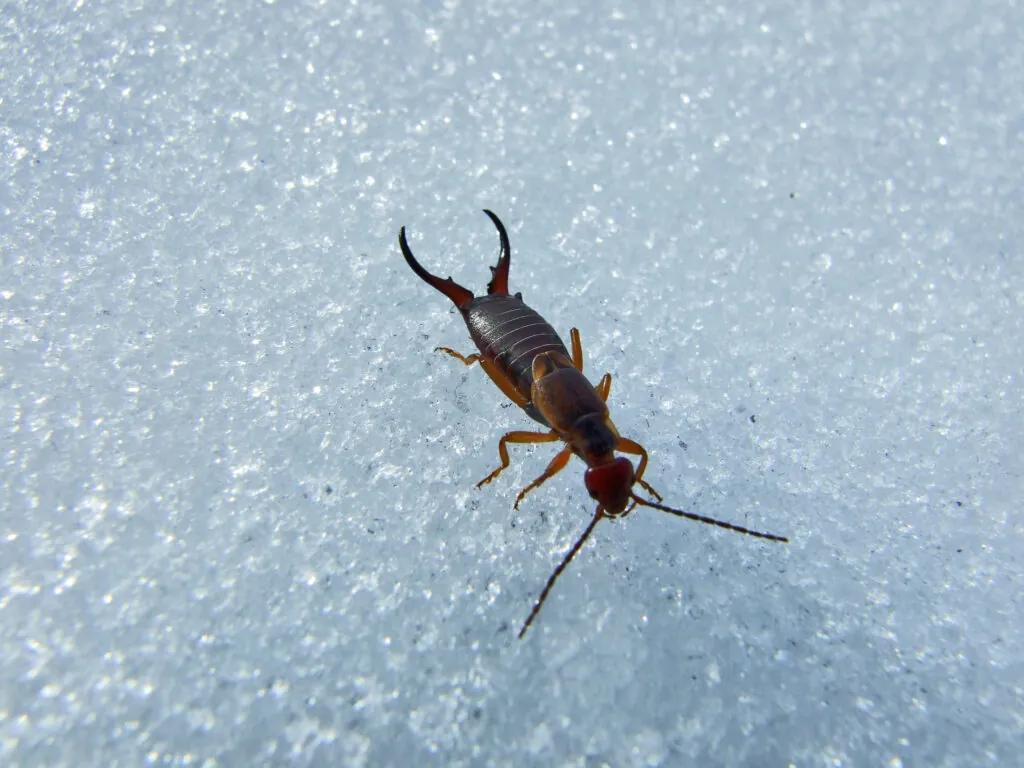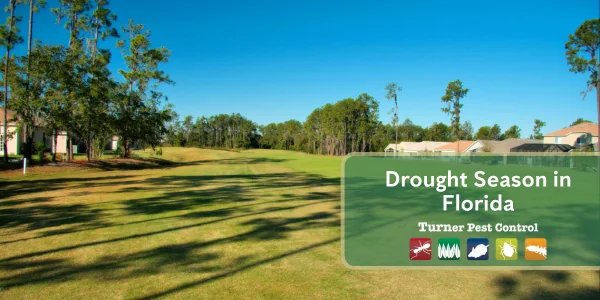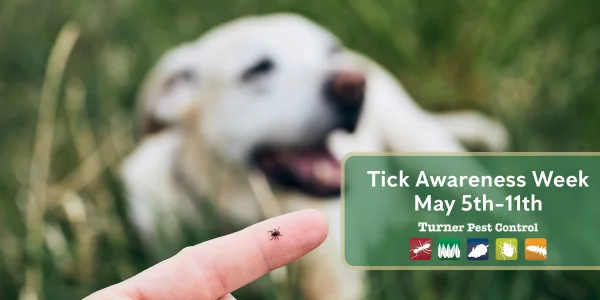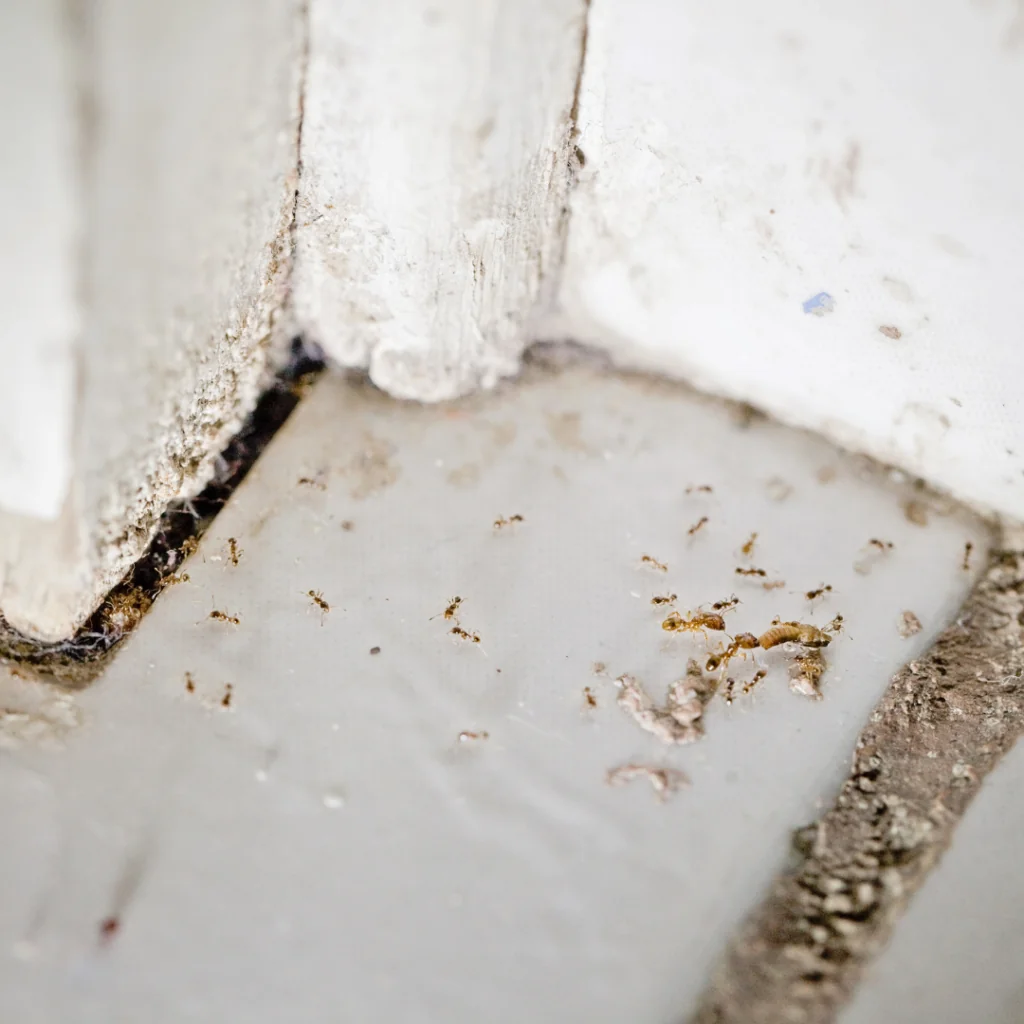
Unfortunately, pests of all sorts can be a problem year-round, especially in temperate climates like Florida. As fall hits full swing, a myriad of creepy creatures can descend upon your property and cause significant trouble. One of those pesky pests is the earwig. The folklore surrounding these creepy crawlers leads many to believe that they’ll crawl into your ear to feast on your brain. Thankfully, this is just a scary story that’s been handed down from olden times. While earwigs, and other fall pests, won’t take up residence in your head, they can cause quite the headache when it comes to your home.
Here’s what you need to know about earwigs and other fall pests in Florida during this time of year.
What are earwigs?
These pests can be found throughout the country and earned their moniker through false pretenses. Earwigs got their name from the myth that they crawl inside human ears and lay eggs in their brains. While this idea alone is frightening, the earwig’s overall appearance is a bit unsettling. These nocturnal creatures have smooth, long bodies and feature a set of pincers at the end of their abdomen, though they aren’t strong enough to actually injure you. They are reddish brown in color and grow up to half an inch long. There are both non-winged and winged species though they rarely ever use them to fly. The most common species found in Florida, the ringlegged earwig, is wingless.
Earwigs typically live in moist areas outdoors such as piles of leaves, mulch, or under wood. As they feed on decaying plant material, they set up residence near excellent food sources. However, if your area experiences a dry spell, these pests may make their way inside your home through cracks and crevices to find more favorable conditions. Specifically, during the fall months, earwigs enter homes to find a safe place to stay during the winter. Their love of moisture means you’ll find them in spots like bathrooms, basements, and kitchens. While unsettling to see in the home, they aren’t harmful to humans. They are considered a nuisance pest that feeds on houseplants and can exude an unpleasant odor if frightened. So, if you have an infestation of these creatures, it might cause a stink!
Other Fall Pests
Earwigs aren’t the only pests that come out to play during the autumn months. Some other common unwelcomed visitors in Florida are ants, spiders, termites, and lawn grubs. Of these four, the most damaging, of course, are termites. According to the University of Florida, it’s estimated that by 2040, nearly half the structures in the state will be at risk for a termite problem. These miniscule creatures cause serious damage by eating away at wood. In fact, they cause billions of dollars in damage to homes all across Florida and the country. Prevention is the best course of action to avoid these costly creatures, but treatment is a requirement once they’ve been discovered.
Lawn grubs can cause unsightly damage to one of the most prized possessions in Florida – the lawn! These little guys are actually beetles in their larval state, but during fall is when they’re the most prevalent. They feed on grass roots, which means that if you notice dead patches scattered around your lawn, you might have a problem.
How to Handle Infestations
Regardless of the pest, discovering that you have an infestation requires immediate action. Whether you’re battling earwigs in the bathroom or termites throughout your home, eradicating pests from your property is crucial for peace of mind. That’s where the professionals like those at Turner Pest Control come in. There are lots of DIY solutions on the market, and on the internet, but actually ridding your home and property of pesky fall pests is best left to those with experience. Nothing could be worse than spending money on a solution that only temporarily handles the issue to find that mere days later, you’re still overrun. The professionals at Turner Pest Control are specifically trained to deal with a variety of creatures including nuisances like earwigs and ants to costly pests like termites year-round. If you’ve discovered some unwelcome house guests this fall, let us help.



